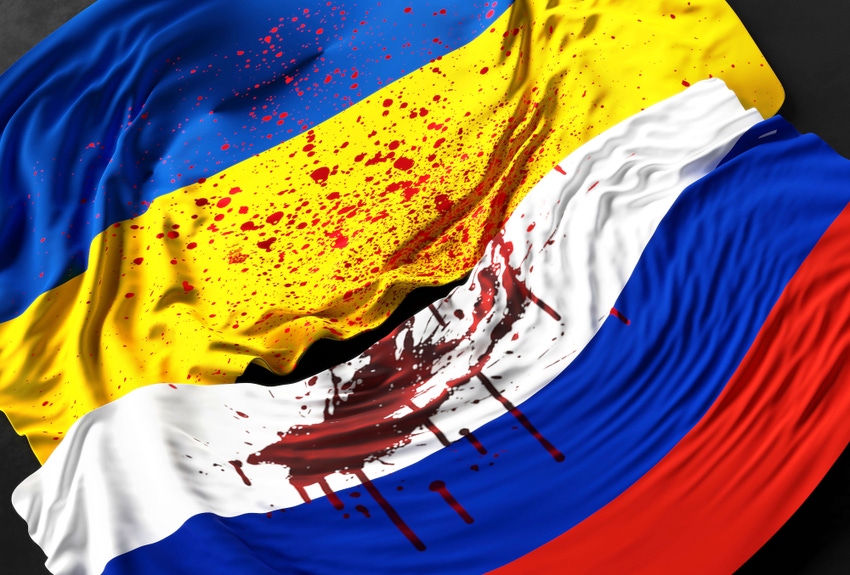Google bows to further anti-Russia pressure
US internet giant Google is blocking the download of paid apps from its Google Play store in Russia.
May 9, 2022

US internet giant Google is blocking the download of paid apps from its Google Play store in Russia.
On one level this is a fairly superficial tweak, given that Google had previously ‘paused’ Google Play’s billing system for Russian users. On further inspection, however, it does feel like a significant extra step towards cutting the country off from much of the meaningful experience derived from owning an Android smartphone.
“As part of our compliance efforts, Google Play is blocking the downloading of paid apps and updates to paid apps in Russia starting May 5, 2022,” says the update. As you can see from the link, this is the first time Google has made reference to ‘compliance’, having previously just nodded to generic ‘disruption’. So it seems the US government told Google to do this and it complied.
It is, of course, very fashionable to collectively punish all Russians for the appalling behaviour of their government. This is an extension of the precedent set by the US over the past few years to exploit its influence over international trade to punish companies and countries it disapproves of. The apparent assumption is that participation in the global economy is a privilege granted by the US, which it can withdraw at any time.
That’s not to say we don’t respect the decisions of individual companies, such as Nokia and Ericsson, to decide they don’t want anything to do with a regime that could inflict such gratuitous death and destruction on a neighbour. But these days such decisions seem to be made either at the behest of politicians or out of some fear of being left behind in the anti-Russia virtue-signalling game.
Such is the demand for this sort of thing that even the most tenuous links to Russia can result in public opprobrium, while even Chinese companies are apparently expected to comply with US foreign policy. Meanwhile the Wimbledon tennis tournament is bravely doing its bit by banning Russian players from this year’s event.
What next? Since it’s inconceivable for NATO to send troops into Ukraine, the pressure to be seen to be doing something else will increase so long as the conflict continues. The market for such gestures is completely incoherent, as the lack of fuss over a recent high-profile boxing bout illustrates. The world seems to be doing as much as it reasonably can to pressure and punish Putin, so every new ad hoc sanction risks looking capricious and needlessly vindictive towards people who have nothing more to do with this conflict than the coincidence of their nationality.
Get the latest news straight to your inbox. Register for the Telecoms.com newsletter here.
About the Author(s)
You May Also Like











_1.jpg?width=300&auto=webp&quality=80&disable=upscale)


.png?width=800&auto=webp&quality=80&disable=upscale)